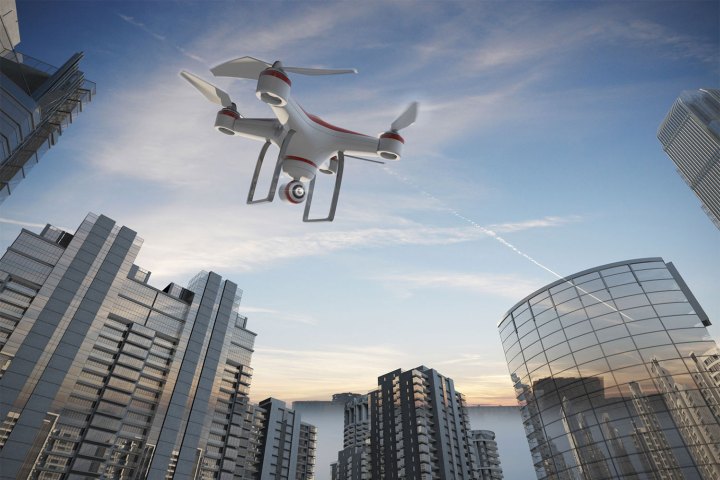
That law, passed in 2012 and called the FAA Modernization and Reform Act, restricted the agency from passing any law that placed restrictions on how model aircraft are operated. Despite the law, the FAA moved in late 2015 to set up a system to register drones and more than 820,000 hobbyists registered to fly them.
Friday’s ruling saw surprising opposition — with some in the industry actually supporting the FAA’s efforts. “The FAA’s innovative approach to drone registration was very reasonable, and registration provides for accountability and education to drone pilots,” DJI’s policy head Brendan Schulman told Recode earlier on Friday. It is not immediately clear whether the FAA plans to appeal the ruling.
Even without an appeal, it is likely that drone hobbyists will only see a brief reprieve from the registration process. South Dakota Republican Senator John Thune is expected to address the issue with current law in the coming weeks, including the technicality which allowed the current system to be shut down.
This new regulation could go even further, mandating that manufacturers develop some kind of identification system so that law enforcement can identify who is flying drone aircraft even when the pilot is not visible. The FAA is reportedly looking into methods to make this feasible.
Friday’s ruling does not prevent the FAA from doing so, as it only addresses the contradictions with current law. The FAA said it is currently reviewing the ruling and is weighing future options.
“The FAA put registration and operational regulations in place to ensure that drones are operated in a way that is safe and does not pose security and privacy threats,” it said in a statement Friday afternoon.
Editors' Recommendations
- FAA gives UPS’ drone delivery efforts a big boost
- New drone owner? Check out this video before you fly
- FAA authorizes autonomous drone flight without an operator nearby
- Walmart is starting to deliver your packages by drone
- Forget drones. ‘Guy in a jetpack’ spotted by pilots near LAX


